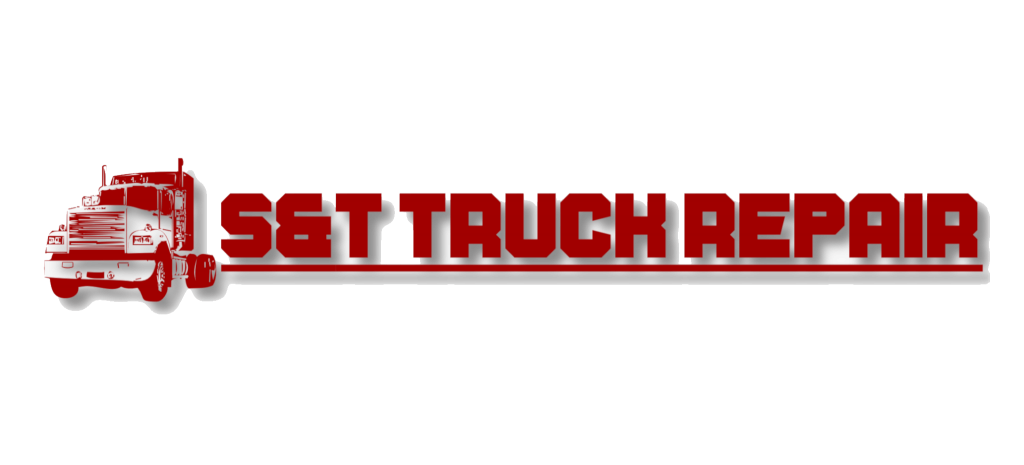Diesel particulate filters use varying types of regeneration cycles, including manual, semi-automatic and automatic methods. Manual regeneration requires a driver to initiate the regeneration cycle manually by following a set procedure.
In the case of fully automatic regeneration, drivers don’t usually need to do much except observe. A computer controls the process by monitoring back pressure and initiating regeneration whenever back pressure reaches a certain threshold.
At that point, the computer may cause engine RPMs to elevate to increase engine heat, or it may allow heat to flow through the filter during highway travel. Regardless of the specific method, the computer initiates the action and terminates it whenever the soot is consumed.
As someone responsible for a diesel truck equipped with diesel particulate filtration, your role is to know what kind of filter is on the truck and how or when to use the regeneration cycle. In addition, diesel particulate filters require periodic cleaning to remove accumulated ash; that means you will need to take the vehicle and filter to a technician for special servicing.
Most importantly, you should be familiar with diesel particulate filter documentation and adhere to any recommended maintenance and other action items. Overlooking such tasks can result in damage to the filter.
If you have questions about your truck’s diesel particulate filter, be sure to contact S&T Truck Repair for help. Our professionals are ready to assist you in whatever way they can.
